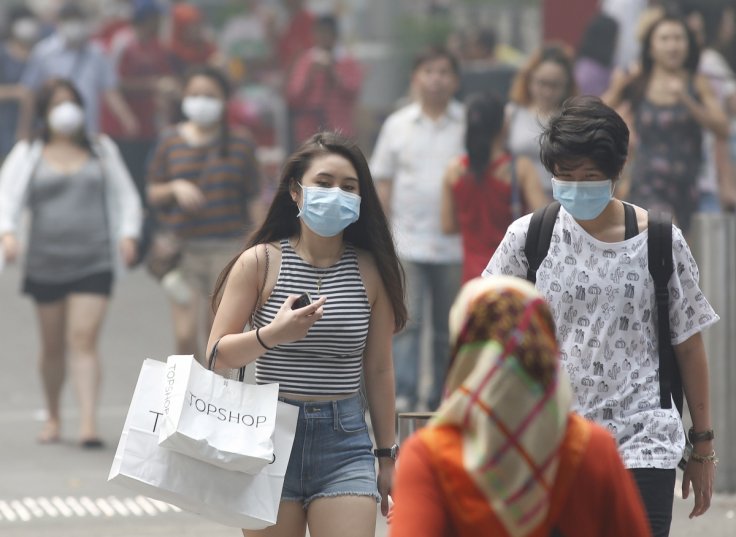
Medical masks, which people wear to shield themselves from exposure to polluted air, harm you and raise the pollution risk instead of protecting you from it, a report said.
The masks, when people exhale, capture droplets carrying bacteria and viruses, and even good masks with pleats or folds to cover the nose and chin fully, offer no protection as air and pollutants can flow through gaps between the mask and face to reach the nose and mouth, it said.
Tying the gauze squares over noses and mouths while stepping outside is equally harmful as they can filter out large grains of dust, pollen, and sand, but cannot block particles finer than 2.5 micrometres in size (PM2.5) and ultrafine particles (less than 0.1 µm), as well as, toxic vapours emitted by cars and industry from reaching the lungs, arteries and veins, the study says and adds that exposure to PM2.5 is responsible for more than four million deaths every year worldwide.
Public-health bodies such as the World Health Organization (WHO), the American Heart Association, as well as, the European Society of Cardiology have no recommendations on the use of masks or portable purifiers against air pollution despite social media full of images of people wearing masks on smoggy days.
The habit of wearing masks was there in Japan for long but began in China in 2003 when health authorities recommended donning medical masks to slow the spread of severe acute respiratory syndrome (SARS). It's catching up in other Asian capitals such as New Delhi, Singapore, Bangkok among others.
While the N95 respirators, as well as medical masks, are equally capable of protecting an individual from influenza and other viral respiratory infections, according to a study published in JAMA, there is no evidence on effectiveness of the masks, made of three layers of dense cotton and extensively worn by people, particularly in Asia, against air pollution, which is presently a serious health risk.
Wearing masks can even make the problem worse as they have the potential to lull people into a false sense of security, encouraging them to spend more time outside in dirty air, according to journal Nature.
Apart from carbon dioxide build-up, the masks can cause a problem in breathing as they are uncomfortable to wear for a long time and make an individual face difficulty in breathing, especially on a hot day, and should be avoided.









